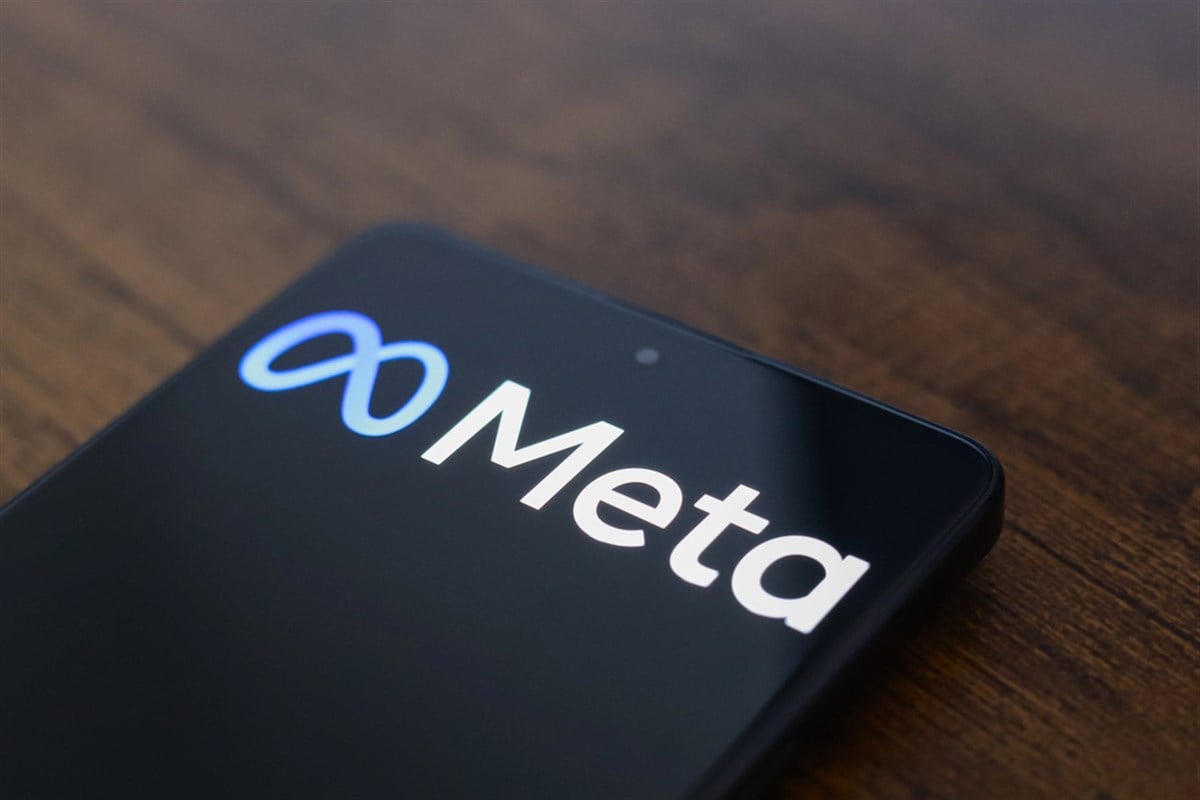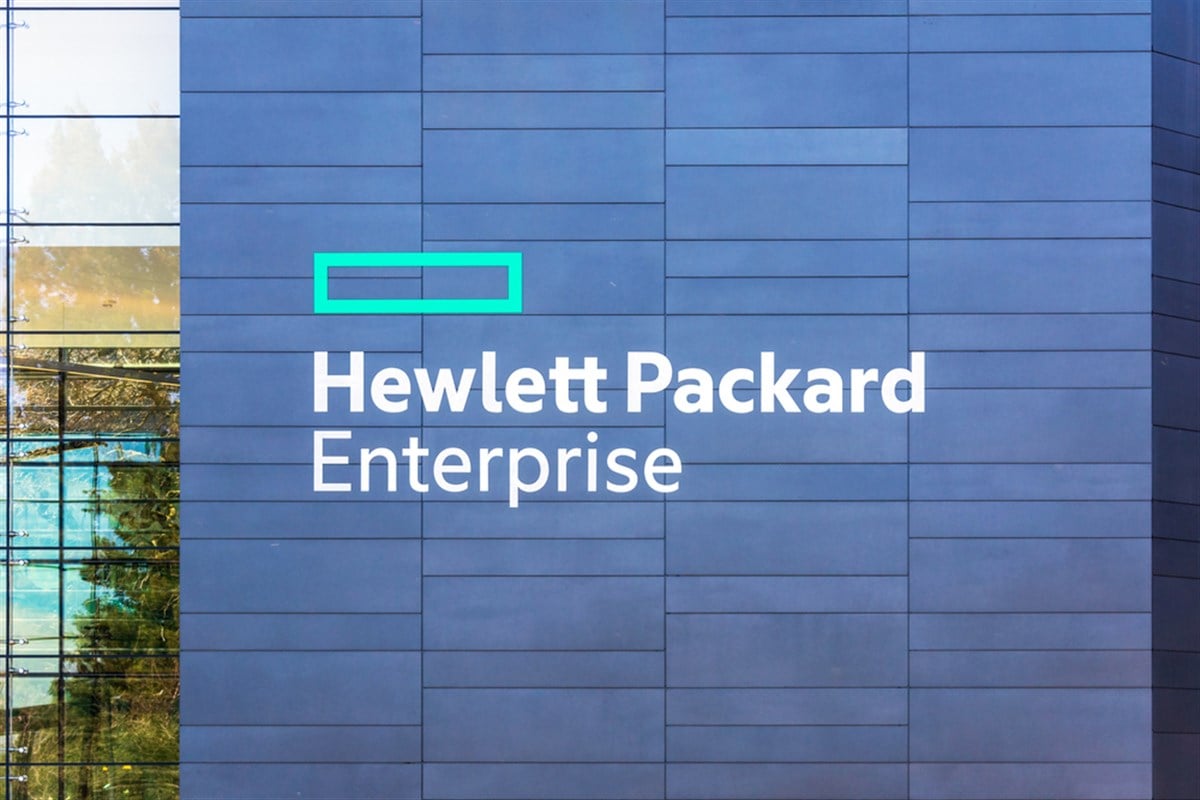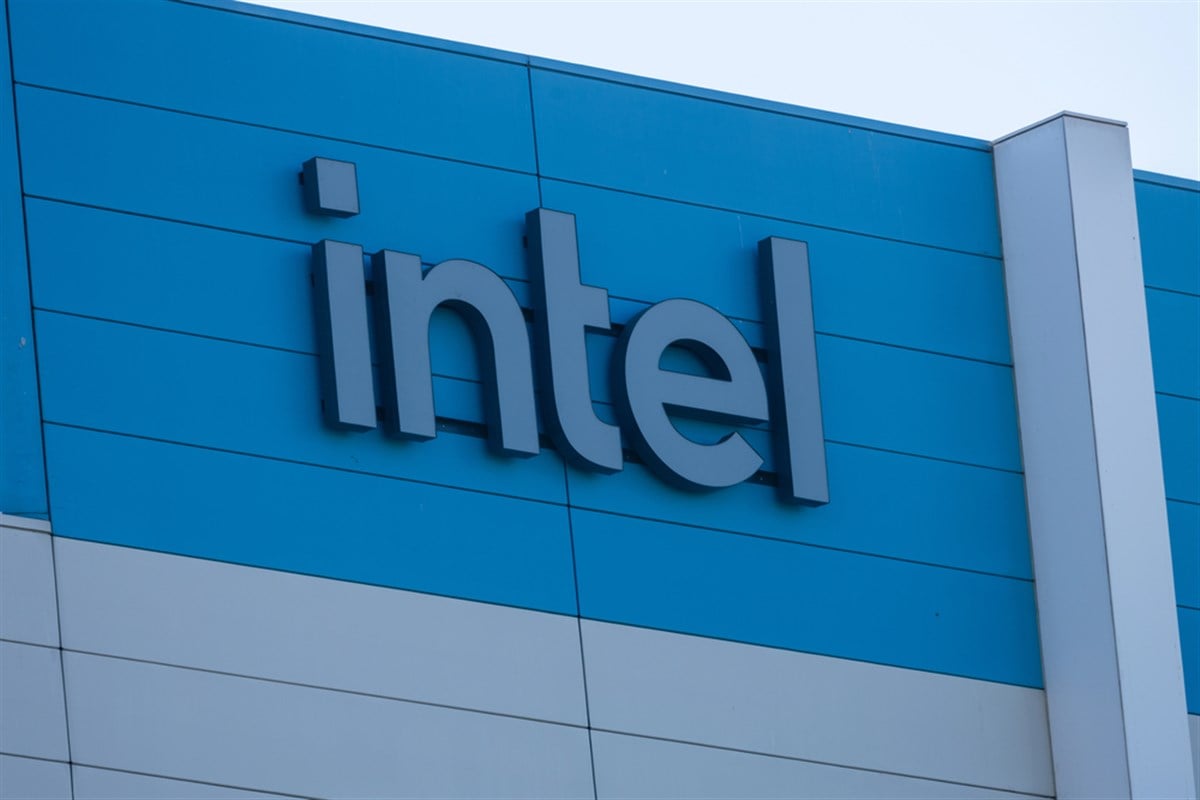Meta Stock Holds Upside Potential as Analysts Cut Price Targets

For investors in Magnificent Seven stock Meta Platforms (NASDAQ: META), recent changes in analysts' price targets haven’t brought much cheer. Many analysts have been dropping their price targets on this powerful company since the beginning of April. Among the analyst updates tracked by MarketBeat since the start of the month, price targets have dropped by an average of 14%. Analysts are worried about the effect of new tariff policies on Meta’s business.
However, there is a silver lining. All of these analysts still give the stock a Buy or Overweight rating. Additionally, the average of these new targets still implies a significant upside in Meta shares. Compared to the stock’s Apr. 14 closing price, these new targets signal an upside of over 23% for Meta.
So, what are the reasons for these lower price targets on this tech giant? The analysis below will break down how tariffs could negatively impact Meta. It will also provide insight into why it may be able to weather the storm significantly better than its competition.
Detailing the Potential Impacts of Tariffs on Meta
First, it is important to know that tariffs have a somewhat limited direct impact on Meta. The company makes essentially all of its money on advertising, which is a service and is not affected by tariffs. However, its virtual reality hardware could see margins hurt to the extent that costs increase due to international sales or international production imports.
However, the company’s VR segment is already very unprofitable and isn’t the main driver of the stock. Higher costs due to tariffs related to Meta's data center buildout could negatively impact the firm.
However, the significantly more damaging effect on Meta’s business will be indirect. Tariffs raise costs for many companies. So, budgets in different departments will feel the squeeze. That is no different for advertising budgets. Companies might have to significantly reduce their advertising spending, which would lead to less revenue for Meta. This is true not only in a broad sense but also in two specific cases.
Temu, Shein, and Chinese Advertisers Overall Could Spend Less at Meta
Meta gets significant advertising revenue from Temu and Shein. These two platforms ship very cheap goods from China to the United States. A new rule could slow down their business significantly. President Trump has ended the de minimis exemption. This exemption allowed goods valued at under $800 to avoid tariffs. With this exemption gone, Temu and Shein could see their costs increase big time. Packages previously imported to America under the de minimis exemption will face a tariff equal to a massive 120% of their value starting on May 2.
These cost increases will hurt these firms' bottom lines, lowering the amount of money they have to spend on advertising. Analysts at Bank of America estimate Temu and Shein account for 2% to 4% of Meta’s overall ad revenue. They place the same exposure to Temu and Shein on Google's parent company, Alphabet (NASDAQ: GOOG). Additionally, 11% of Meta’s Family of Apps revenue came from Chinese companies in 2024.
Overall, Chinese weakness due to massive tariffs could also significantly impact Meta. More generally, lower growth and business uncertainty in the United States and worldwide could lower ad spending at Meta.
Why Meta Could Rise Above the Pack
There is reason to believe that Meta could financially outperform other advertising platforms during a lower spending period. Thomas Champion of Piper Sandler says that “if there are pockets of spending that are going to be ring-fenced, it would be Google Search and Meta." This means that advertisers are least likely to cut spending on these platforms. This is because advertisers clearly place a premium on ad spending in Meta’s apps.
Data from eMarketer shows that people spent nearly the same amount of time on YouTube and Meta’s apps in 2024. Both accounted for around 7.5% of the time adults spent on digital platforms in the United States.
However, Meta captured a whopping 21.3% of total ad spending.
That is 3.8 times more than the 5.6% of ad spending captured by YouTube. This shows how marketers see Meta as a much more effective place to spend ad dollars in comparison despite the time spent by users being similar.
Meta’s focus on ad personalization by using AI is likely generating this difference.
This effectiveness could make Meta’s ad revenue significantly more resilient than that of other ad companies in tough times.
Learn more about META


